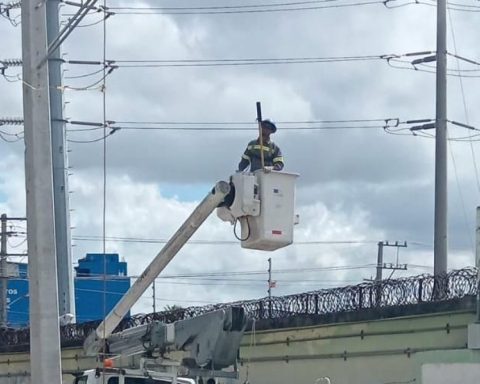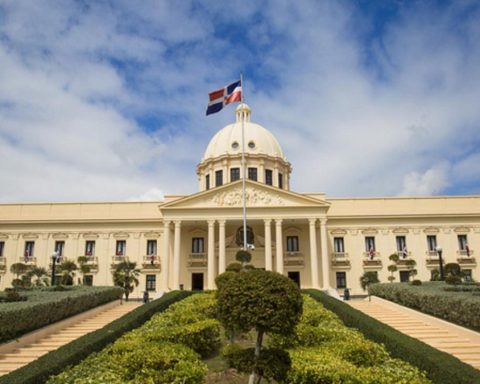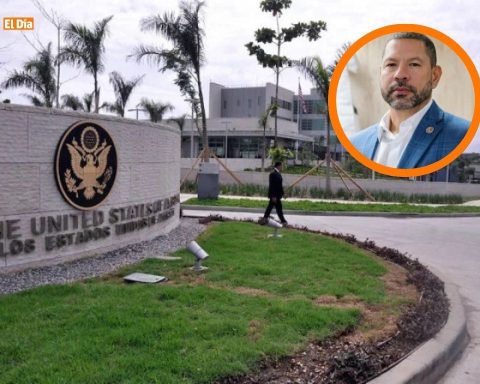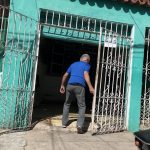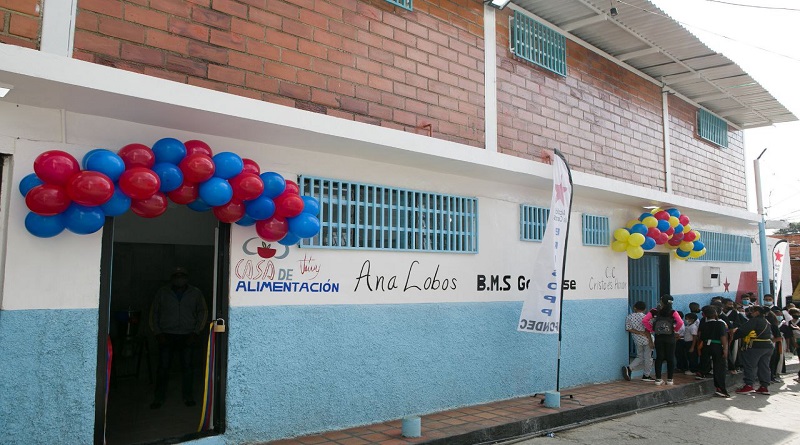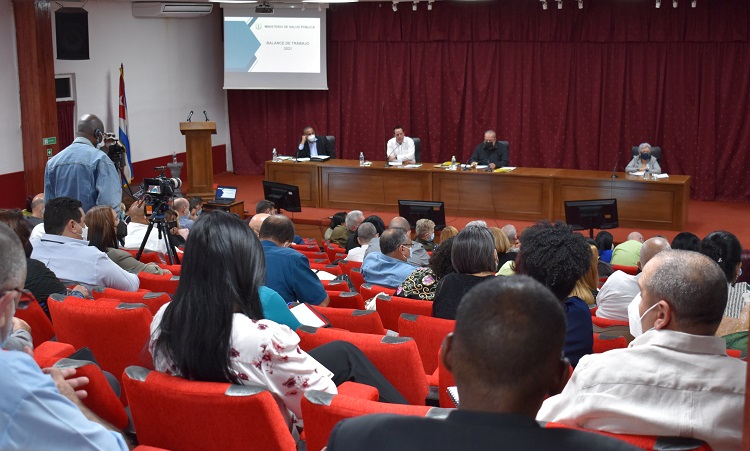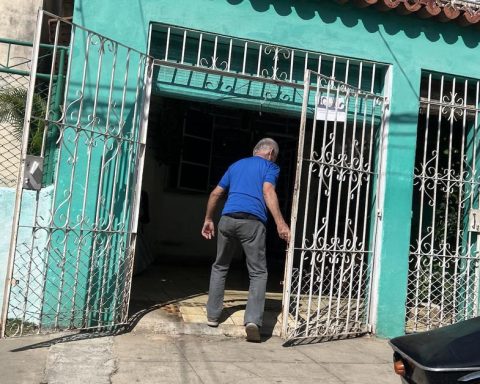The universe of micro, small and medium Business (MSMEs) has changed drastically in the Dominican Republic as a result of the pandemic and the war between Russia and Ukraine, leading the main players to think about accelerating the regulation of the sector.
According to the statements of louis miurapresident of the Dominican Confederation of Micro, Small and Medium Enterprises (Codopyme), during the pandemic food businesses increased, posing a great challenge to the authorities for their formalization.
“Thousands of ventures and challenges arose; see if these ventures are sustainable over time. In addition, if they are formal, if they will be formalized or not, “he indicated to Free Journal the president of Codopyme.
He said that the sector of MSMEs is currently being affected by the issue of costs and raw materials.
“Without a doubt, all costs have skyrocketed, absolutely all of them. Not only the electricity rate, due to the dismantling (of the subsidy), but also due to raw materials, freight, logistics, everything has had a strong impact on what is industry right now, post-pandemic ”, he highlighted.
He indicated that the services sector should be almost back to normal and commerce alike.
Miura observed that there are no recent statistics on how the population of the MSMEs in the Dominican Republic. “There is talk of several censuses in various institutions that will give us a real idea of where it is going,” he said.
According to the General Directorate of Internal Taxes (DGII), a microenterprise is one that has up to 10 workers and annual gross sales of up to 9,118,990.74 pesos. It is a small company if it has between 11 and 50 workers and annual gross sales of up to 61,553,187.51 pesos.
A company is considered medium if it has 51 to 150 workers and annual gross sales of up to 230,254,516.23 pesos.
According to a DGII bulletin, the MSMEs represented 98.7% of the total Business registered as of 2020, while the remaining 1.3% corresponded to those classified as large Business. According to the classification of MSMEsit can be seen that in 2020 there were 240,442 Business classified as MSMEs.
The highest concentration of Business it was found in the category of micro-enterprises, with a participation of 87.8%, followed by the small ones with 11.9% and the medium ones with 0.3%.
The DGII document indicates that, by categorizing the MSMEs By province, 37.0% belongs to the National District, 19.3% to Santo Domingo, 10.1% to Santiago, and the remaining 33.5% to the other provinces.
Last March, the President of the Republic, Luis Abinader, said that the sector MSMEs generates more than 642,000 formal jobs in the country which, together with workers who carry out their work in non-formalized commercial sectors and activities, would amount to 2.2 million seats of jobs.
Miura reported that in times of pandemic, the ventures that were carried out were mostly food. “Informality has definitely increased,” she noted.
The Central Bank of the Dominican Republic indicates that at the end of 2021 the population employed formally and informally amounted to 4,422,840, of which 2,251,930 belonged to the informal sector. Within the informal sector, the commerce sector had 636,256 jobs, almost doubling the formal one, which amounted to 340,039.
Miura pointed out that the panorama of MSMEs it can change in the Dominican Republic depending on the policies that are implemented, pointing out the monotax as an example.
“If we have an attractive monotax, people would be formalized; if the health system continues to be integrated, equally. Nobody is going to formalize when it is a cost, people need something in return”President of Codopyme
“The international factor has a great impact on the issue of costs, but the sustainability of the ventures depends a lot on the mechanisms and policies that are created so that these MSMEs strengthen and endure over time, “he said.
Recently, Microsoft published the study “MSMEs in the Dominican Republic: digital acceleration and paradigm shift”, showing that eight out of 10 MSMEs in the Dominican Republic consider that the pandemic accelerated their digital transformation process. In addition, six out of 10 consider that the streamlining of the operation or productivity is the main opportunity provided by technology.
Also, the most adopted technologies since the pandemic have been portable computers, software for video calls, remote collaboration, and cloud storage.
Likewise, an acceleration in the use of data for business intelligence was registered for the majority of Business, emphasizing the trend in the case of the larger ones. As a result, many of the Business make data-driven decisions and implement technologies and training to this end.

